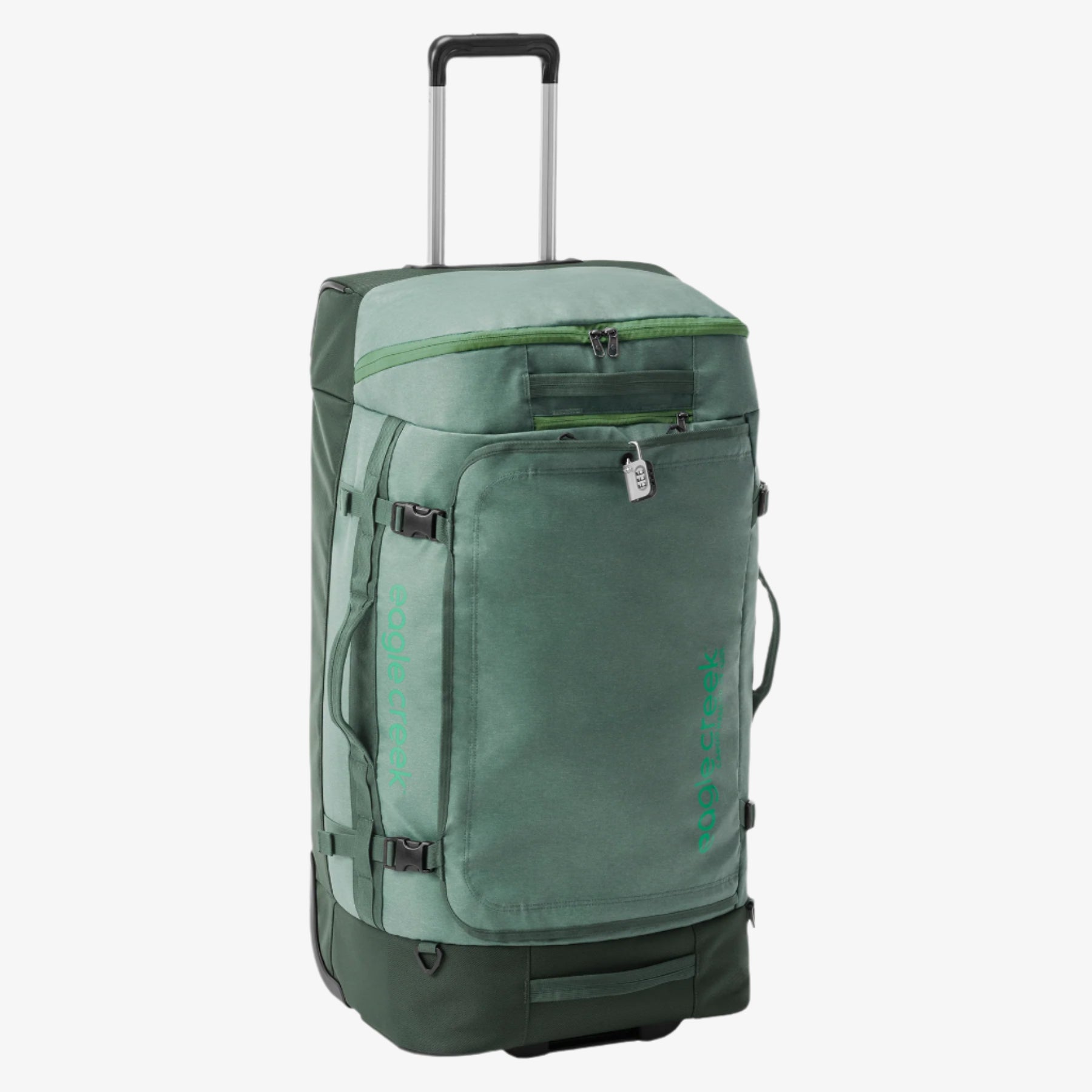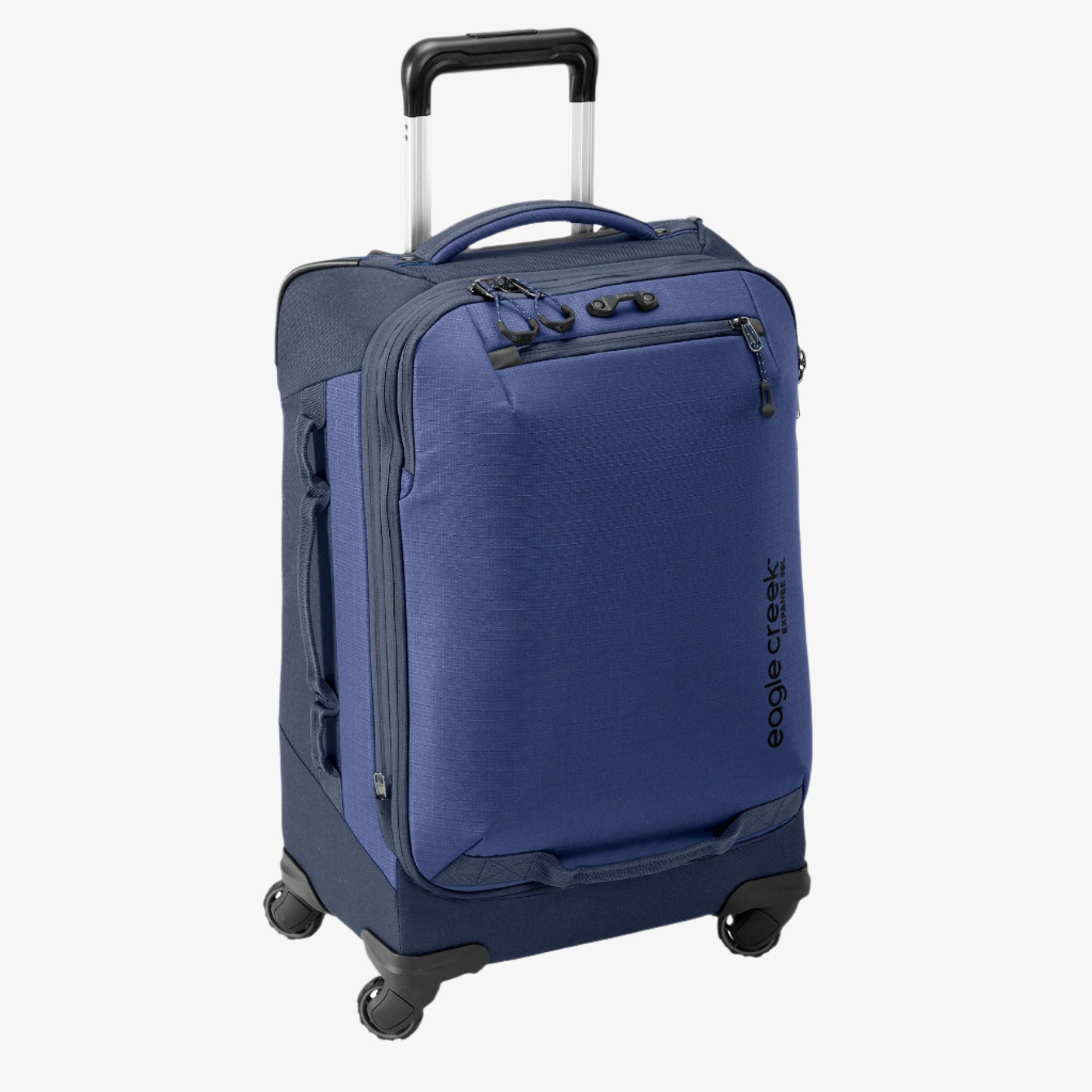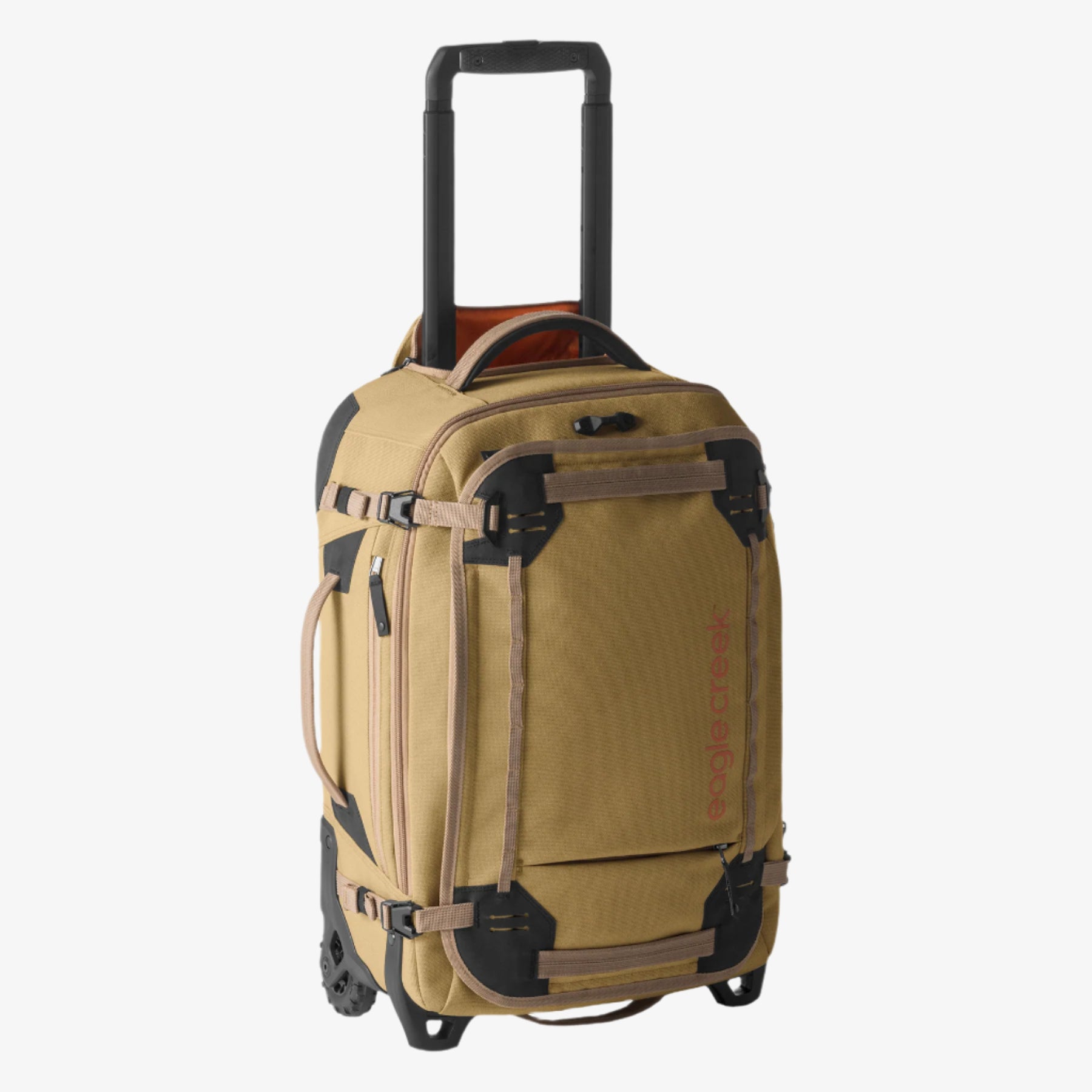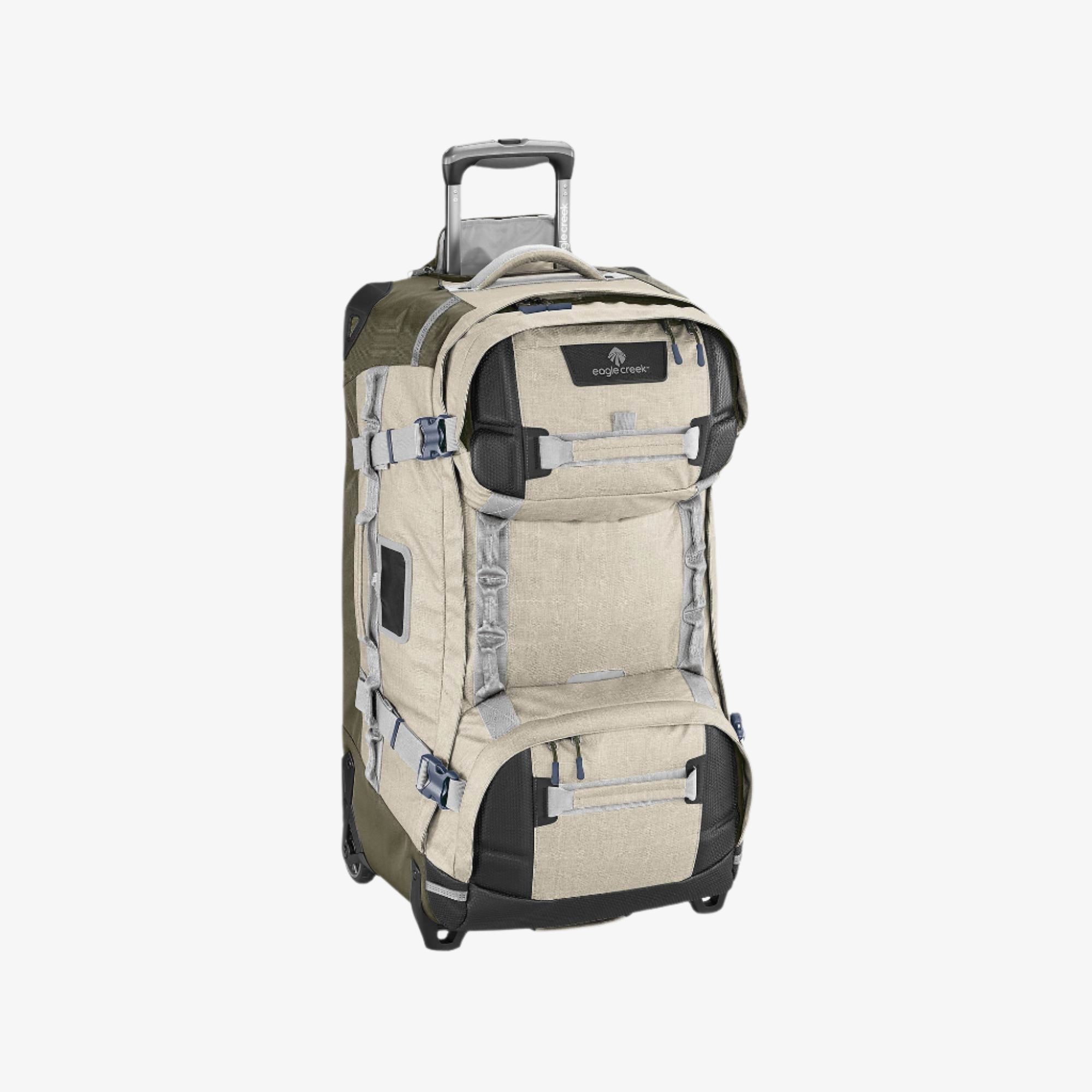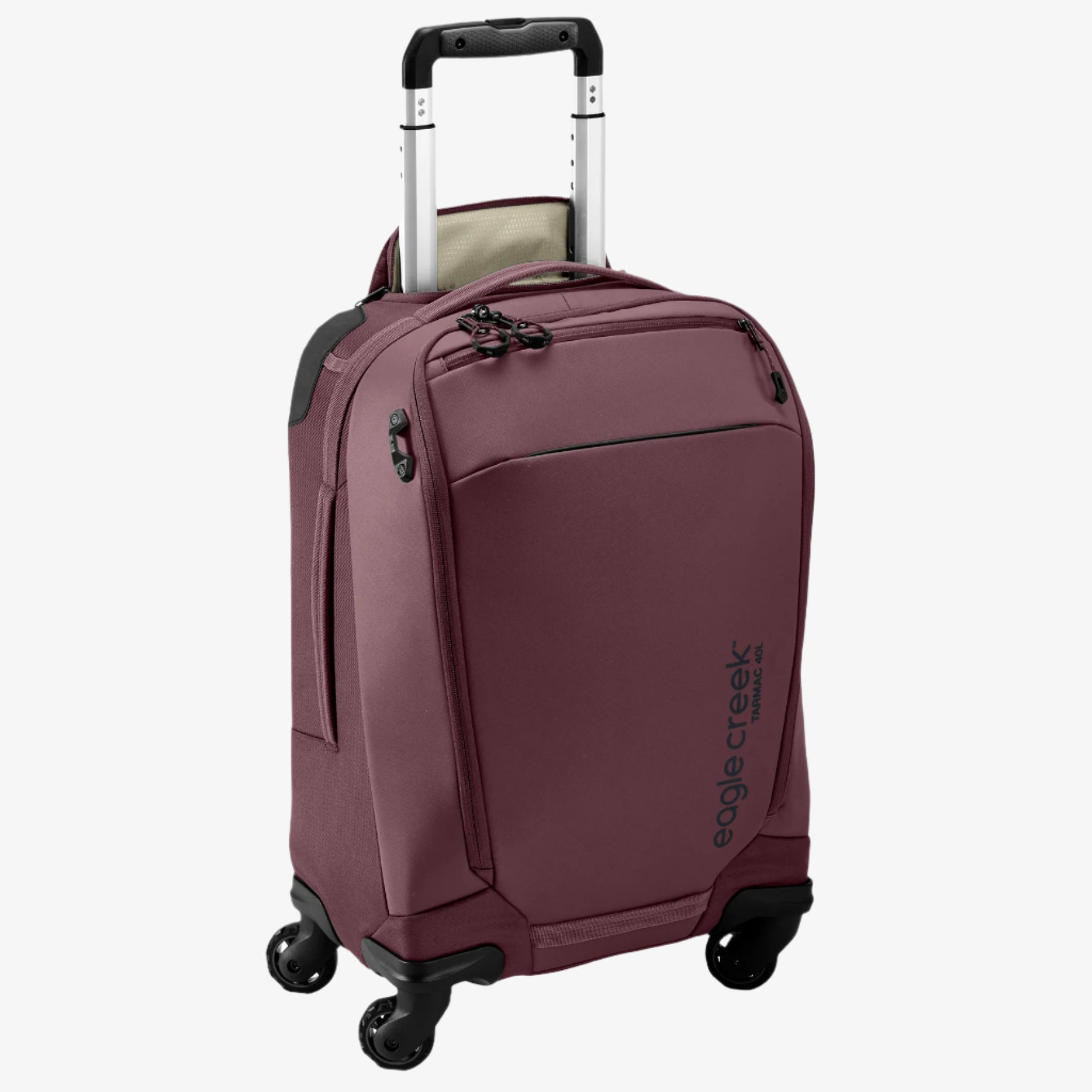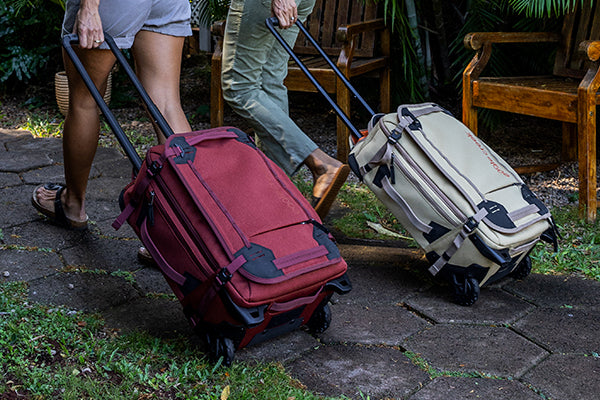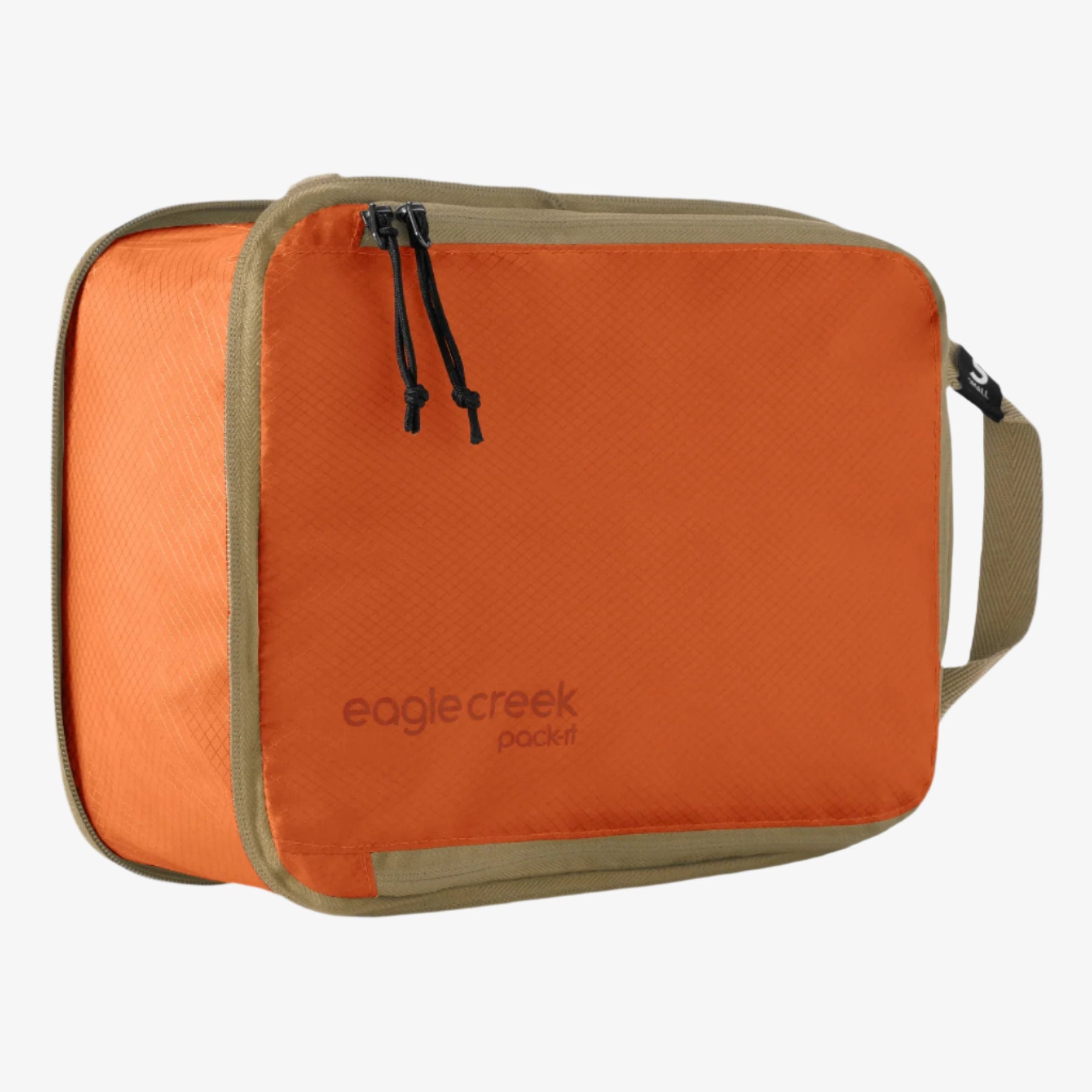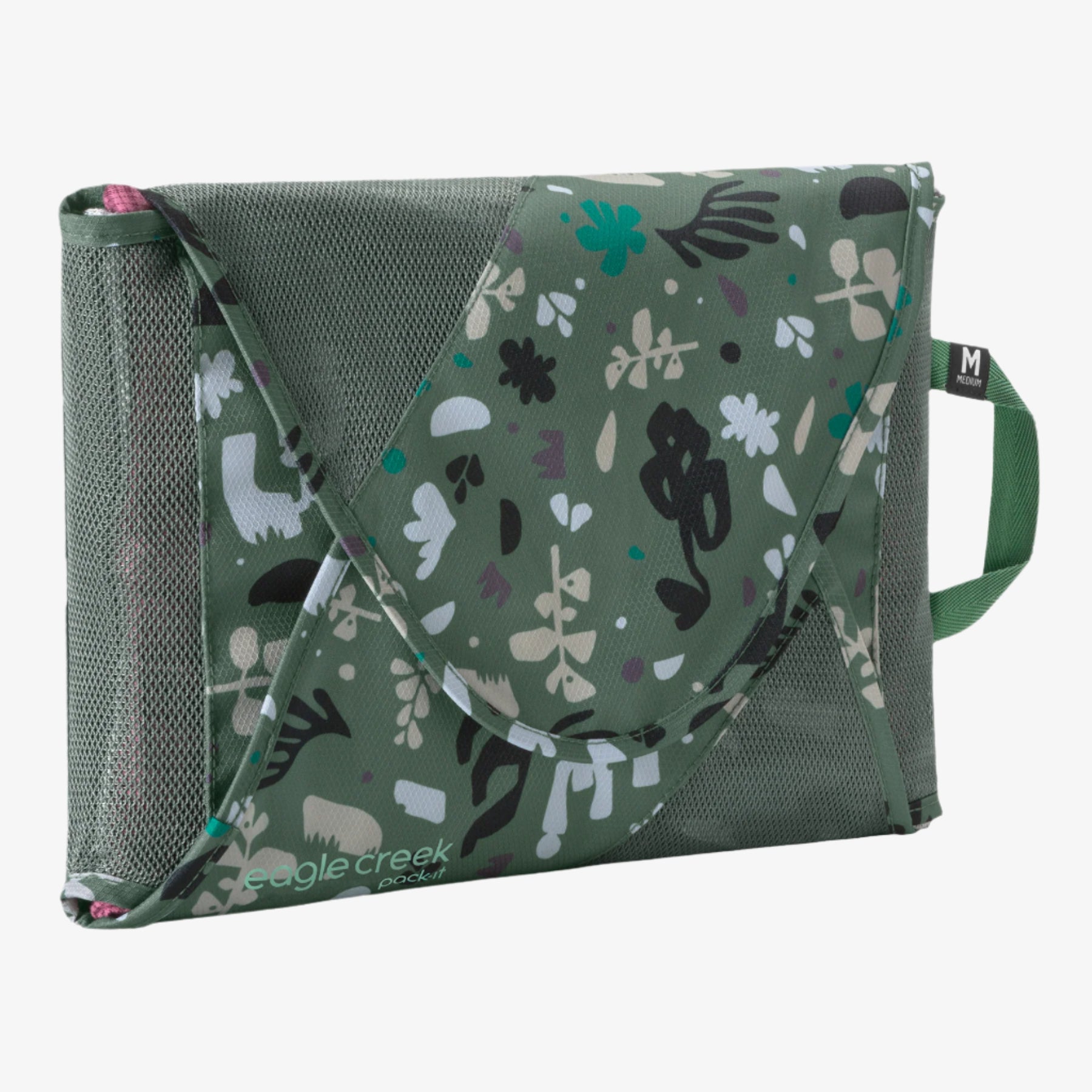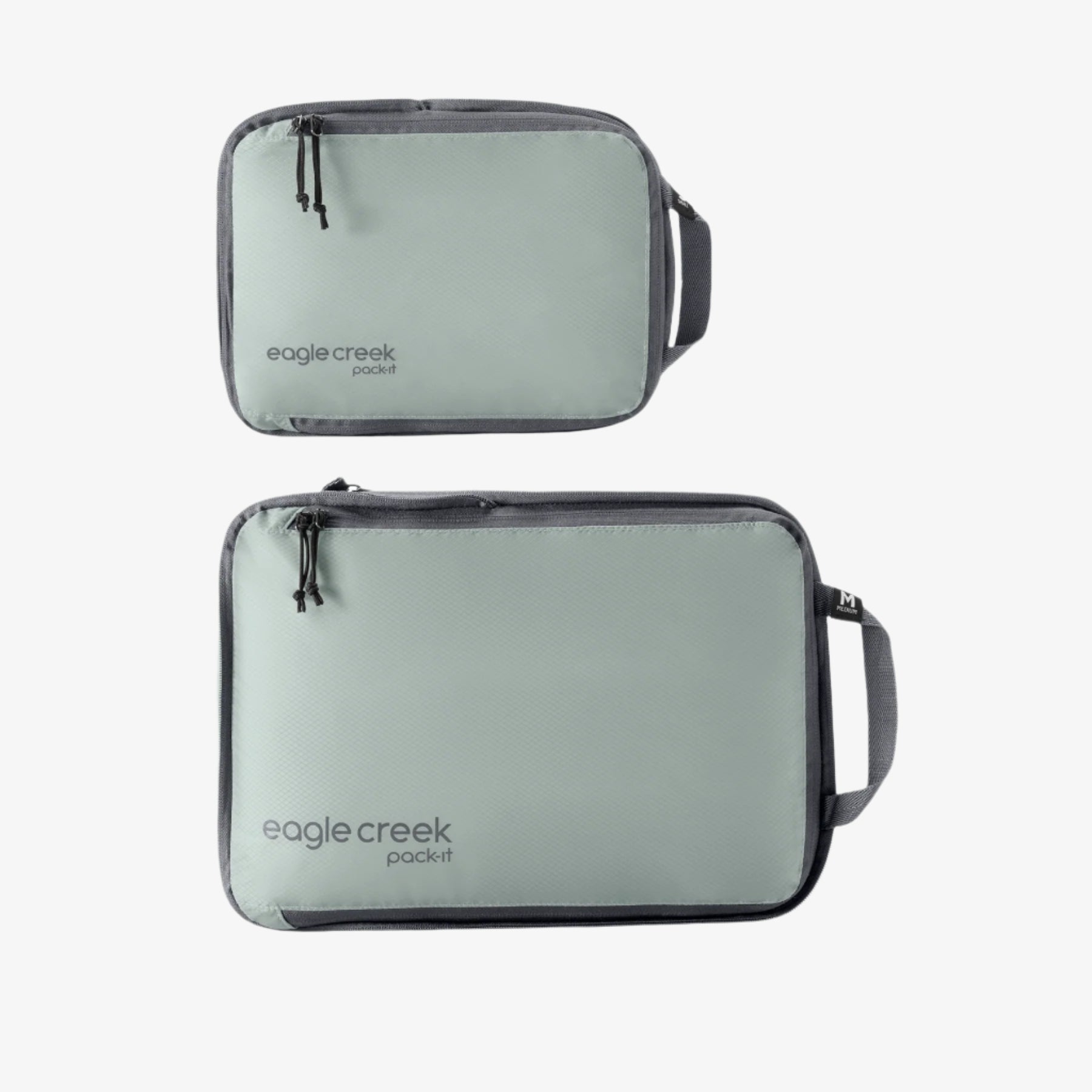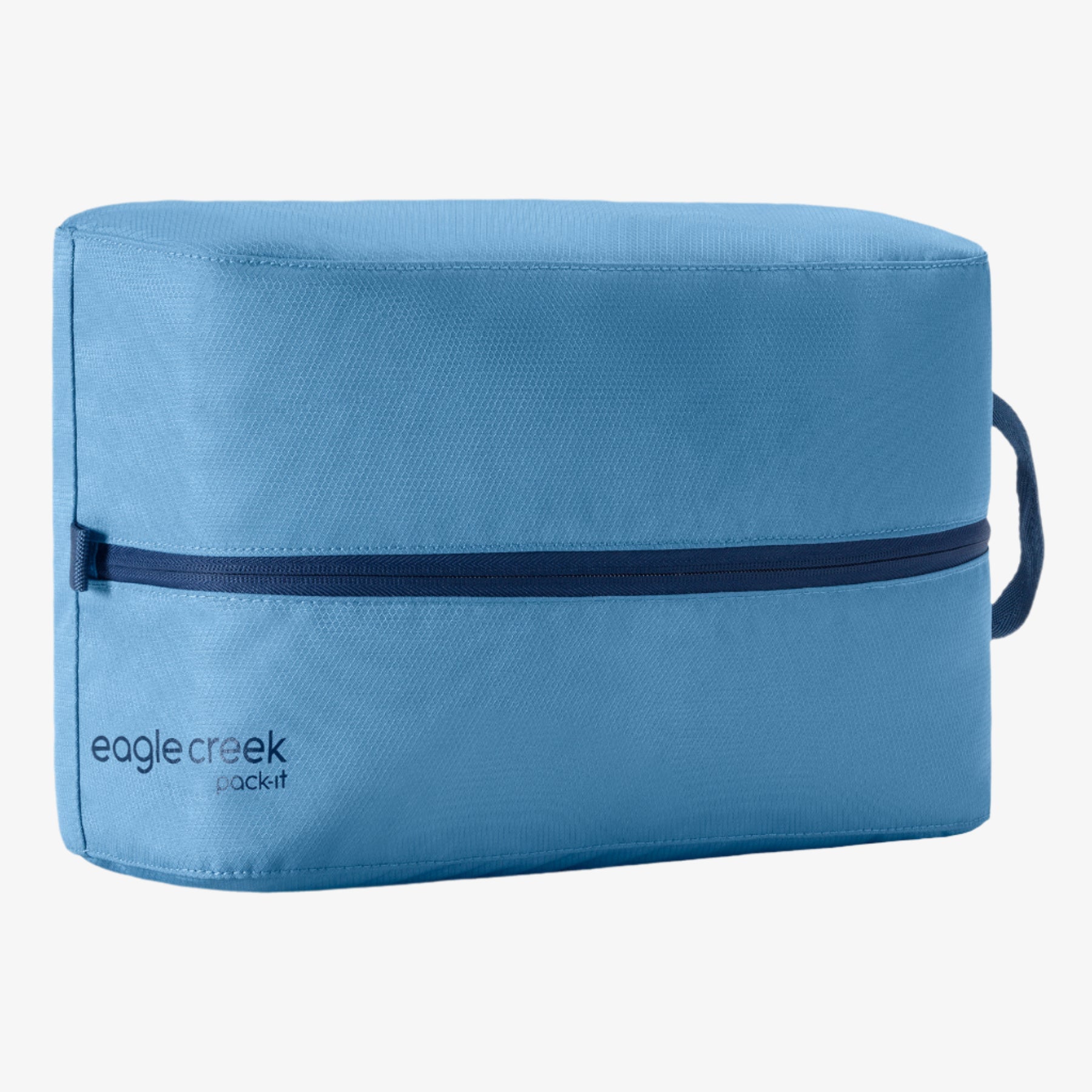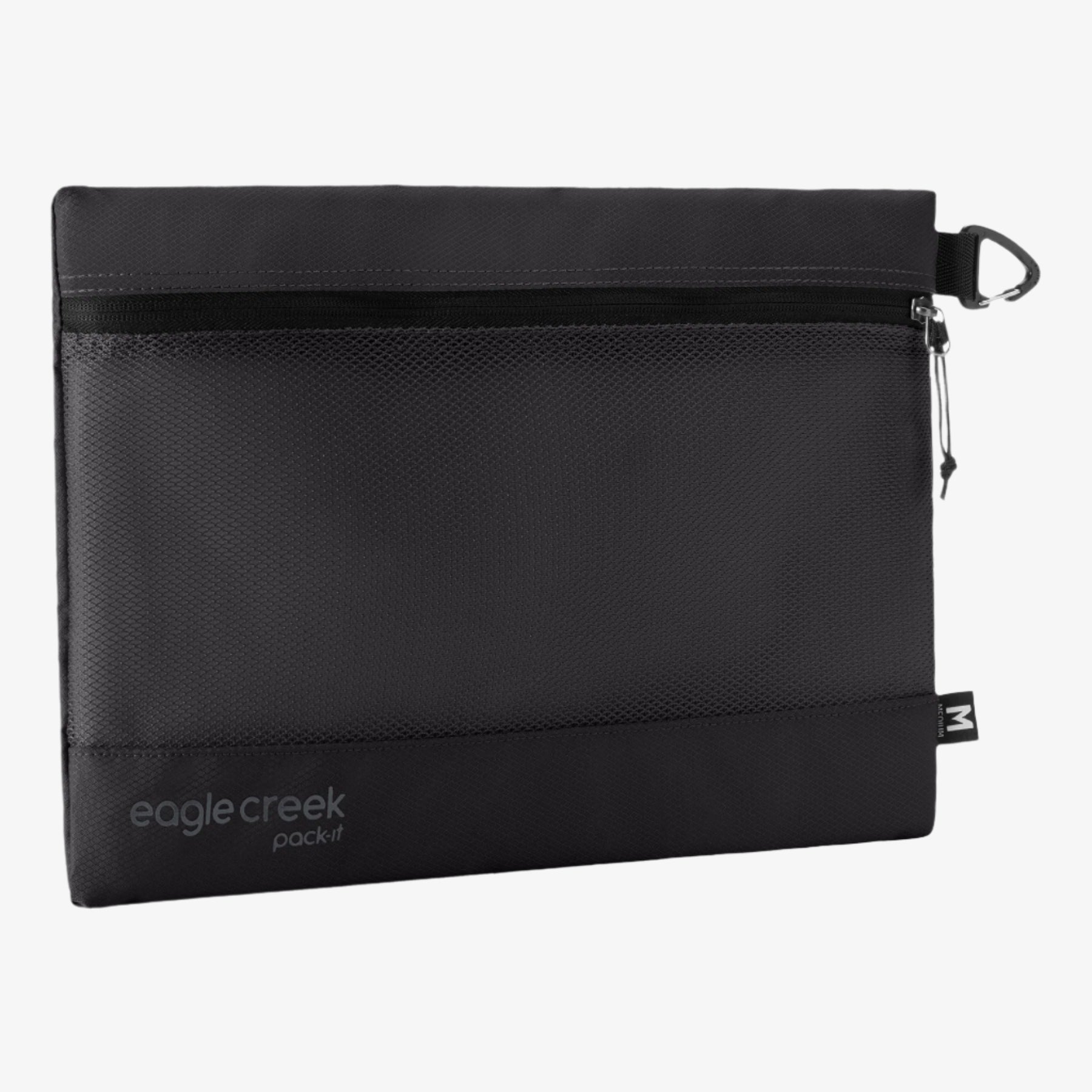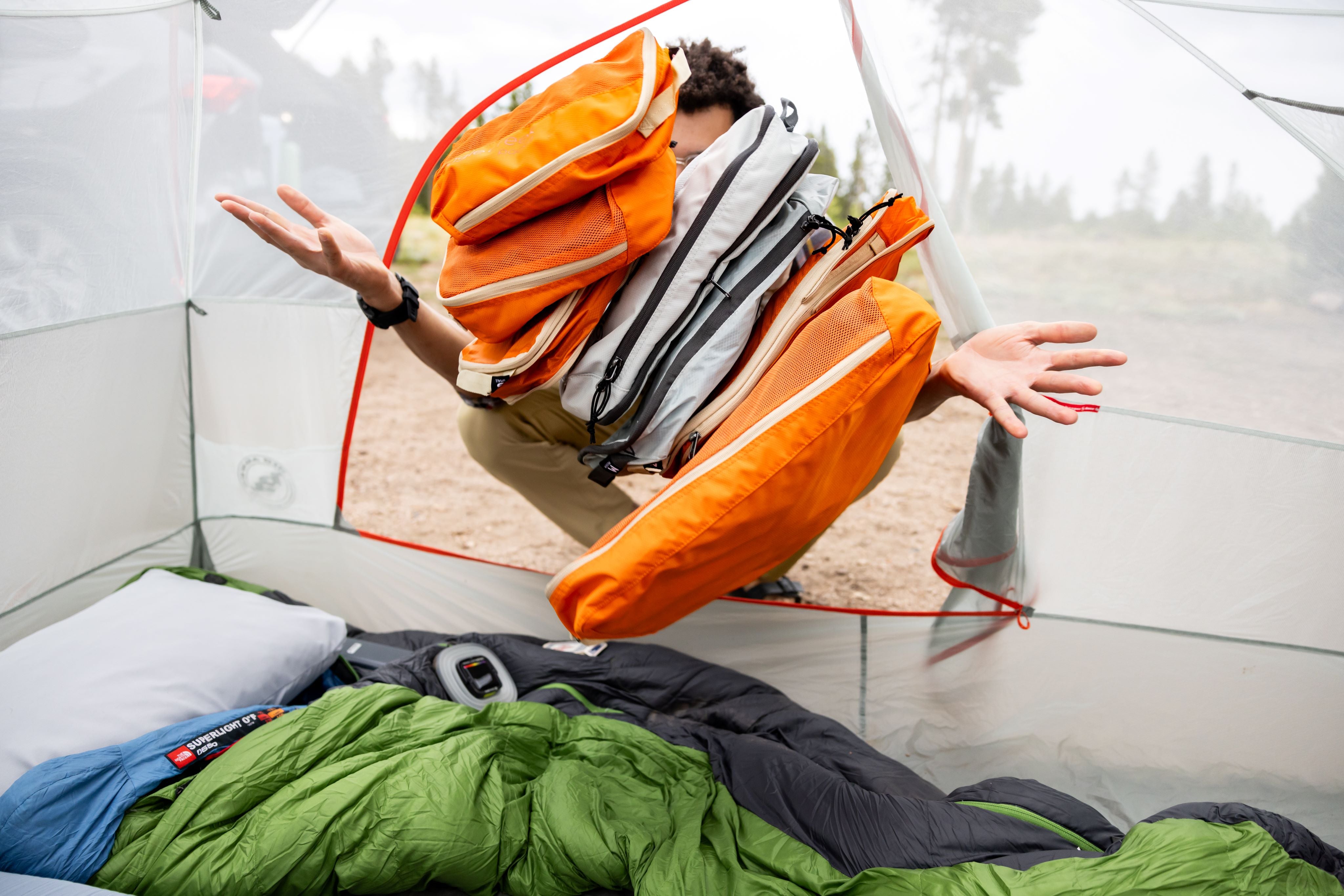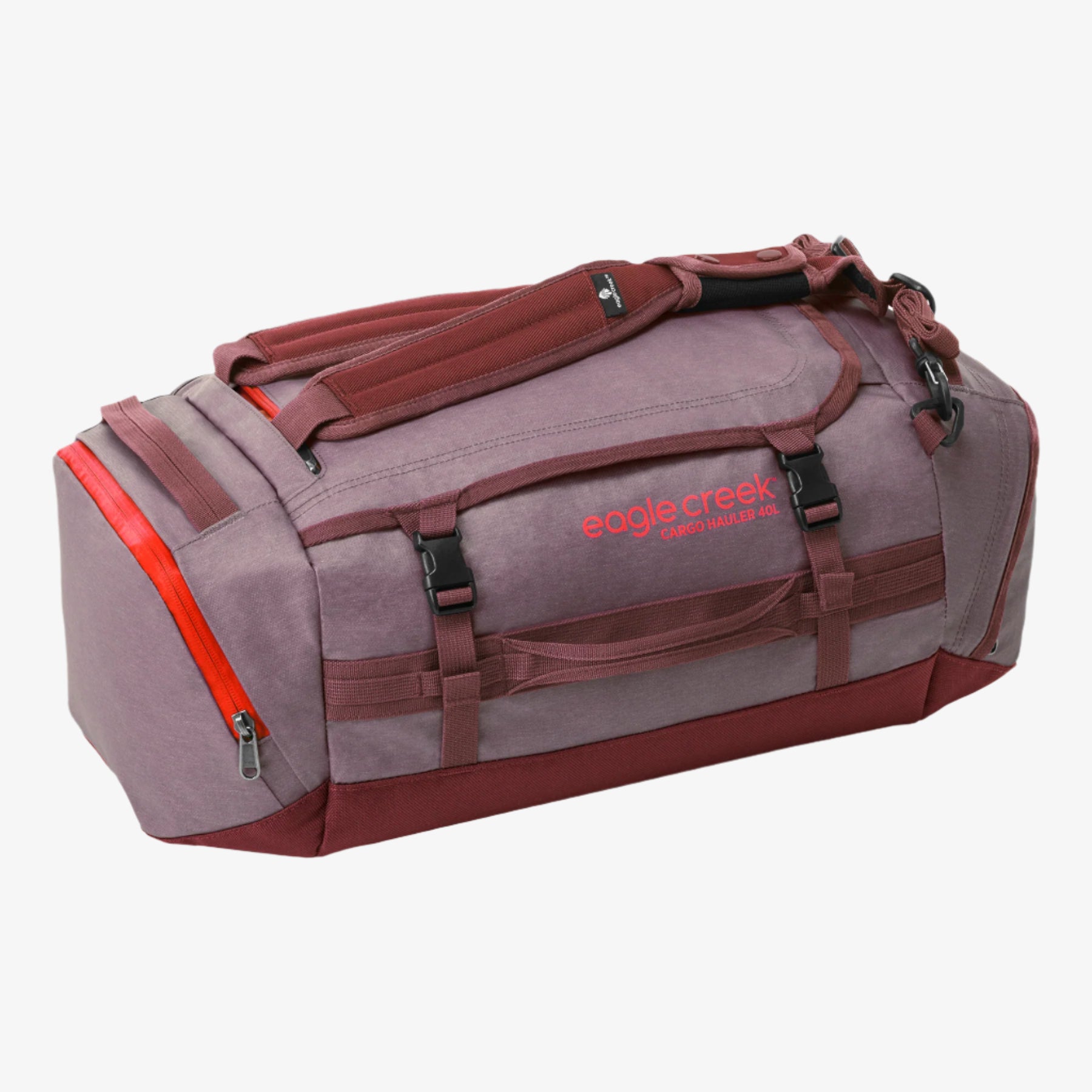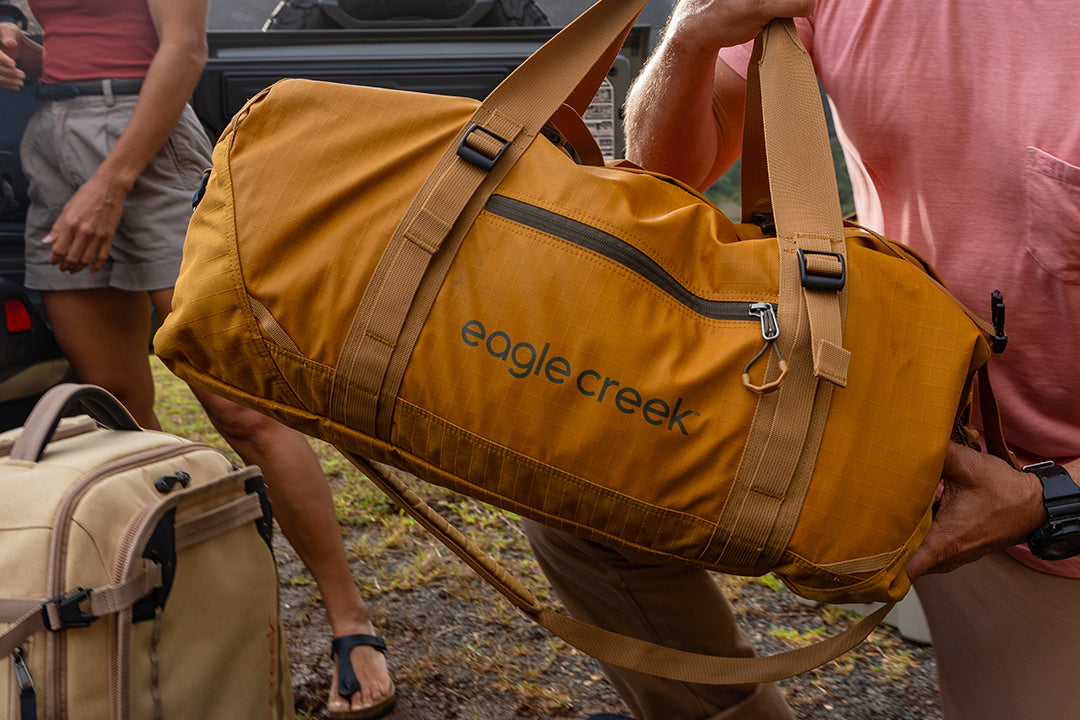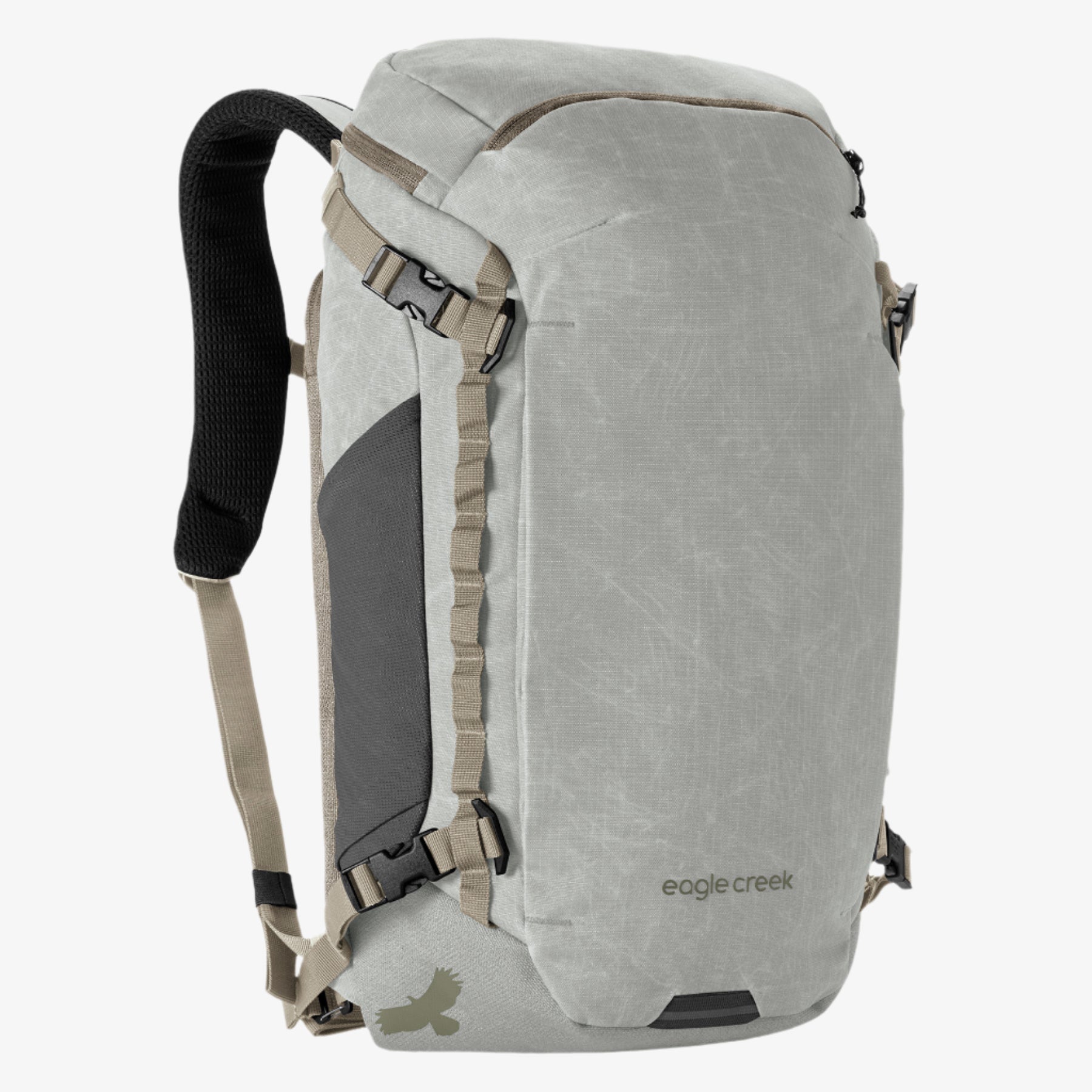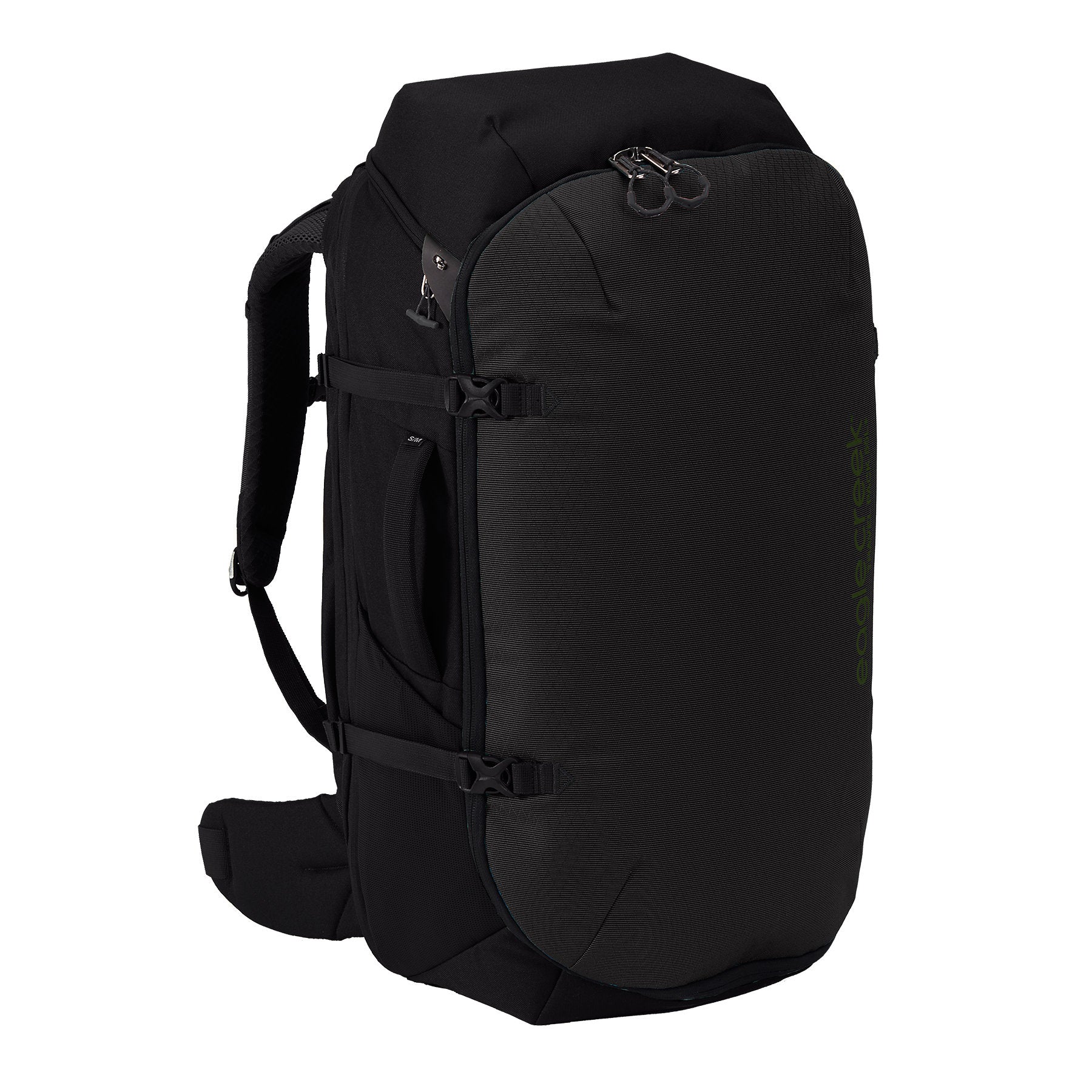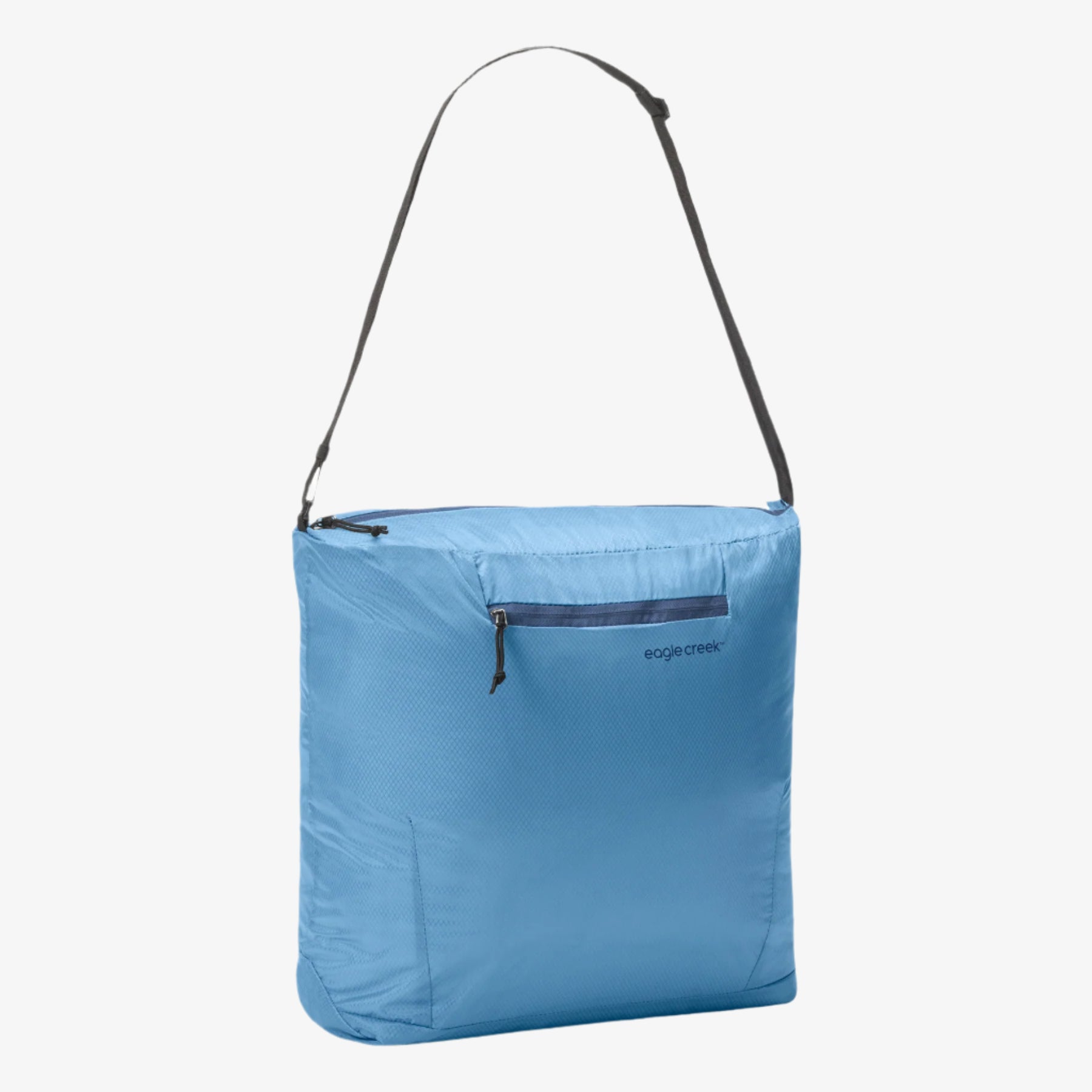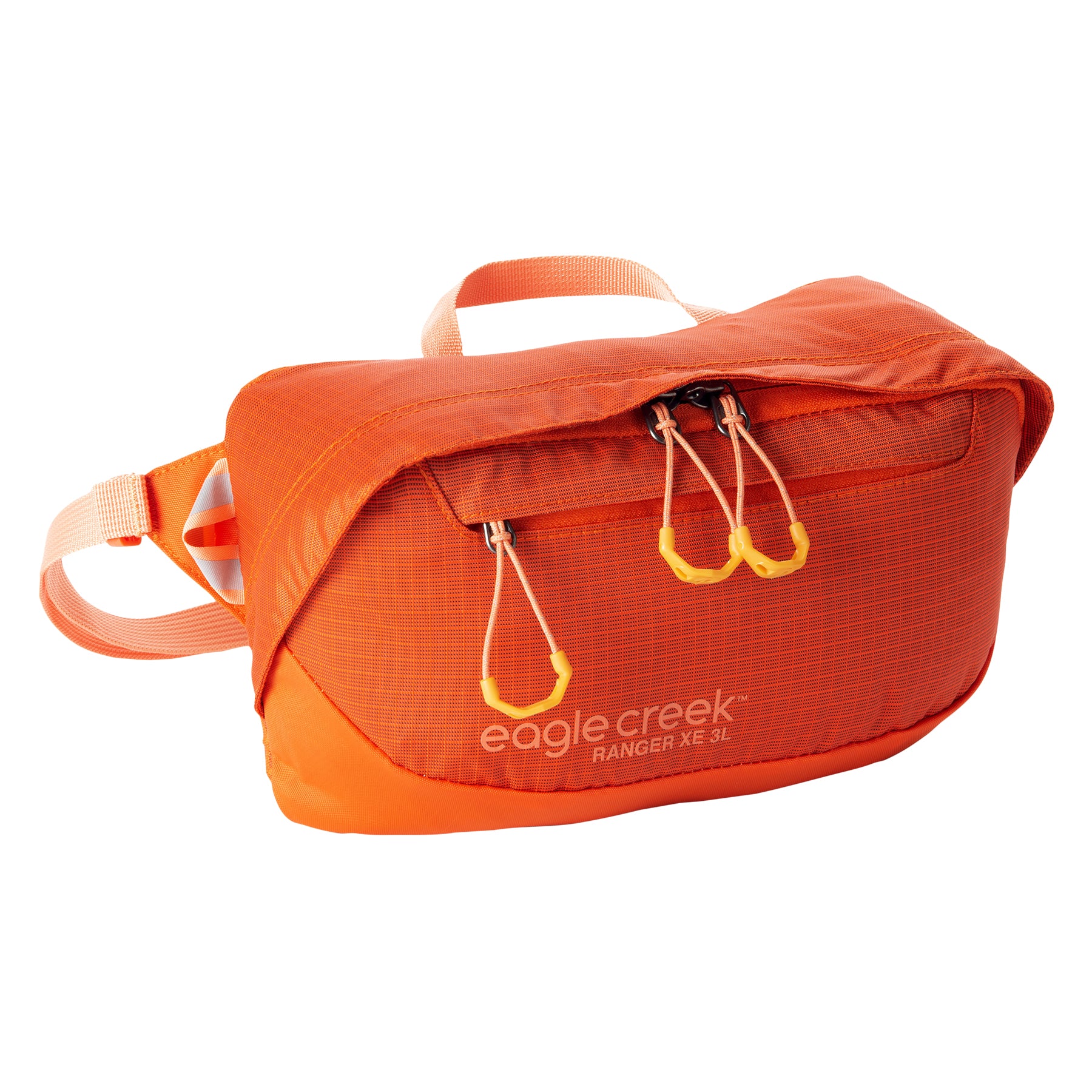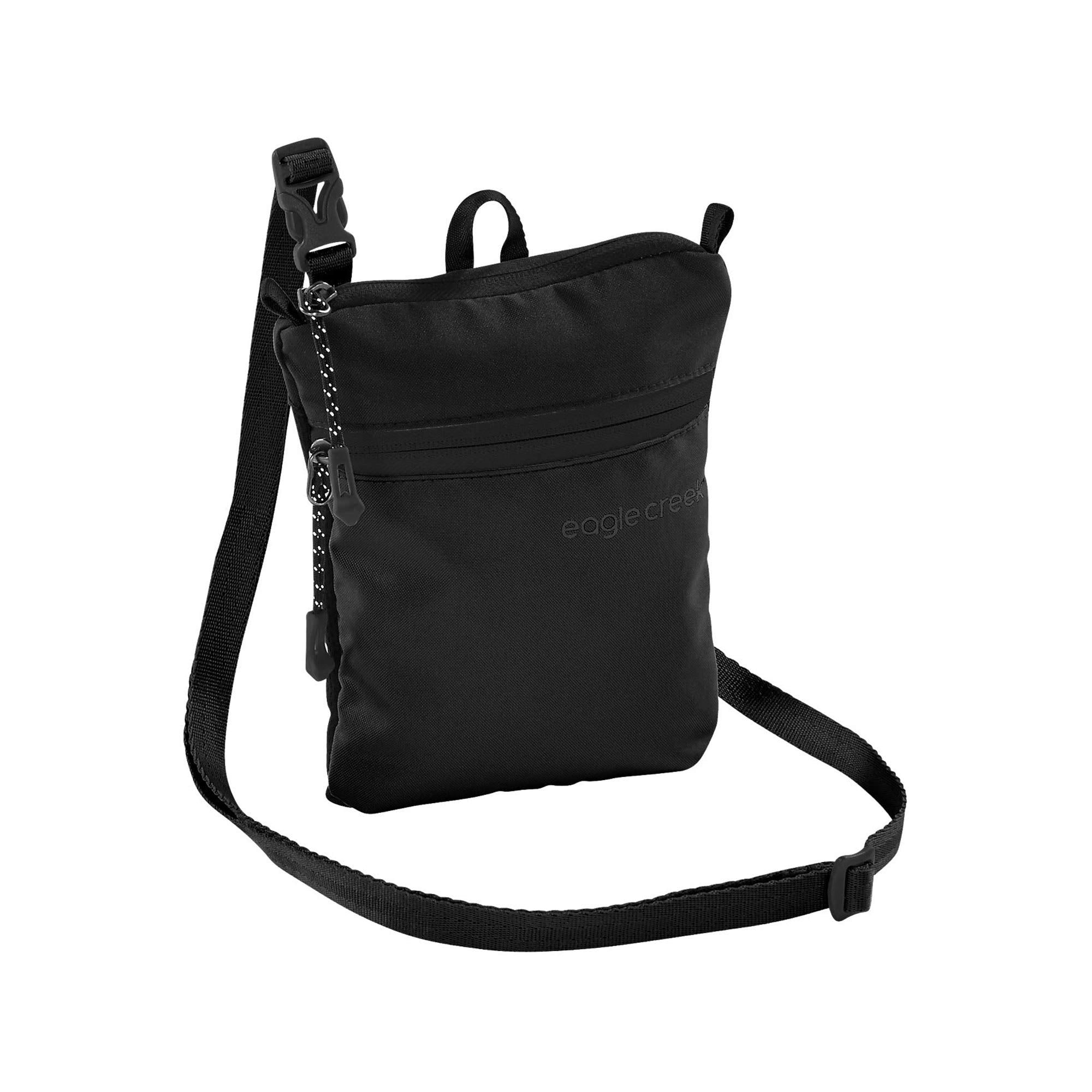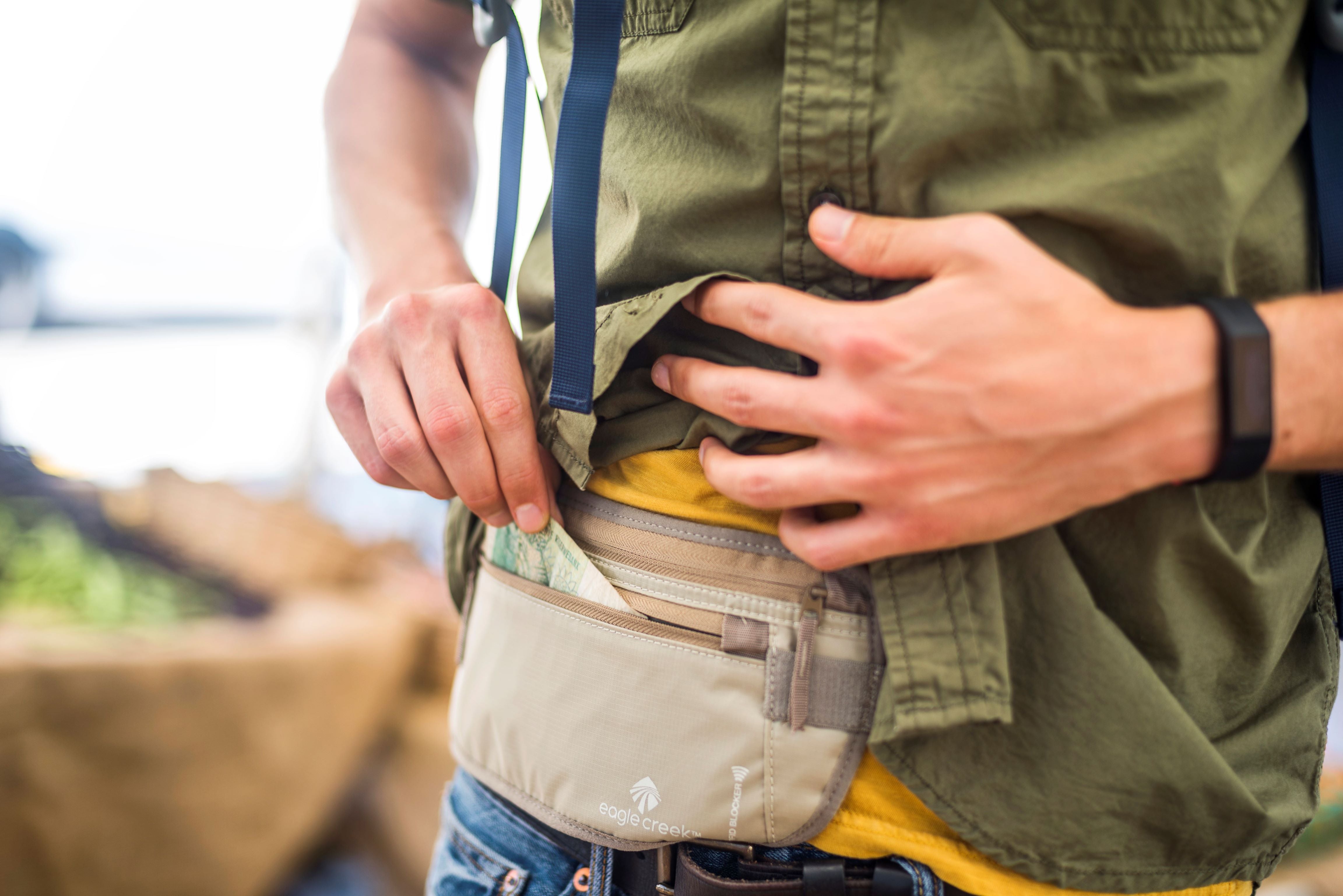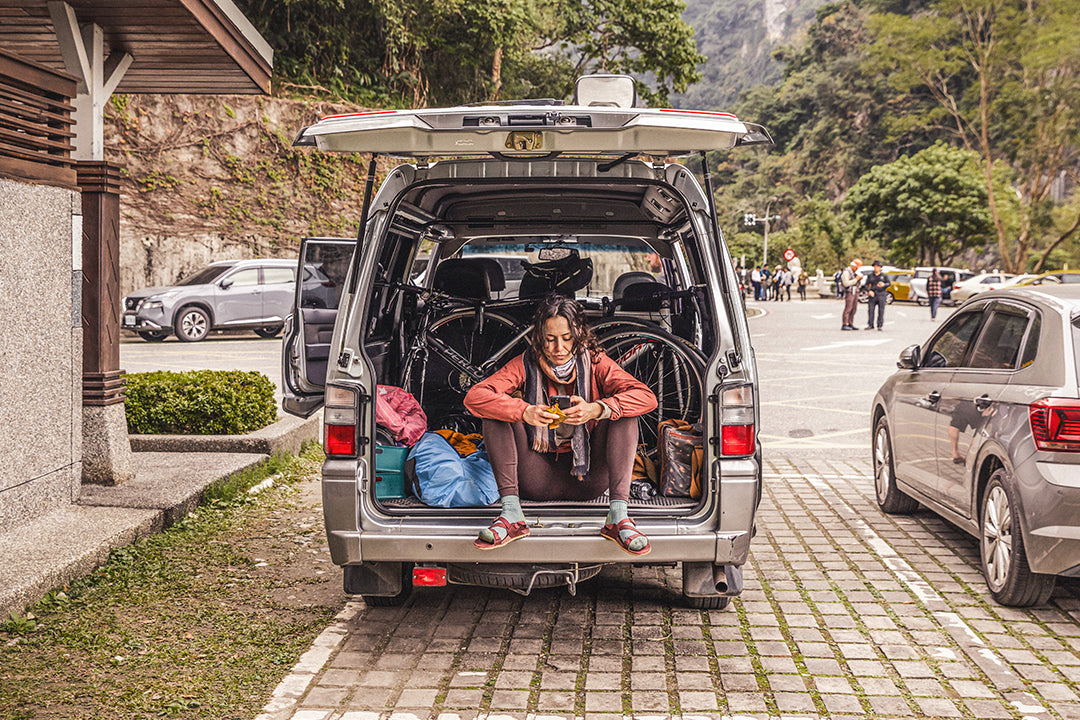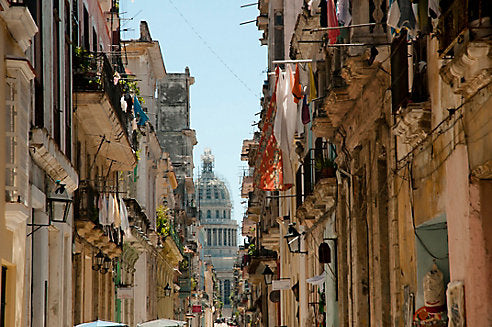Can You Fly to Cuba Now?

While landing on Cuban soil today may be easier than it has been in the last 50 or so years, don't be in a rush to pack your bags quite yet. In order to ensure a smooth trip, you will want to familiarize yourself with any travel restrictions and all requirements before you book your flight.
Also, be aware that basic parts of the Cuban tourist infrastructure are not yet complete. While flights have become more readily available, hotel rooms have not. There simply are not enough to accommodate the new influx of visitors. In addition, Internet and cell phone service is limited in Cuba. Don’t be surprised if it is difficult and expensive to connect while you are there.
Below, you'll find answers to some of the most common questions about traveling to Cuba.
Which airlines fly to Cuba?
JetBlue was the first major U.S. Airline to offer regularly scheduled flights to Cuba. Soon after, many other commercial airlines followed suit. Flights are now available on major airlines such as American, Alaska, Delta, and United. Additionally, service has been approved for routes to nine Cuban cites—including Havana, Santa Clara, Camagüey, and Holguín.
What are the entry requirements?
When President Obama reestablished formal diplomatic relations with Cuba, travel restrictions were loosened, making it easier for American citizens to visit. While the American flag is now flying again at the U.S. Embassy in Havana, general tourist travel is still not allowed—only travel under a general license is allowed.
When you book or check in for your flight, you will be asked if your travel plans meet the general license requirements that are specified by the U.S. Department of Treasury’s Office of Foreign Assets Control (OFAC). Your trip must trip fall into one of the following twelve categories:
- Family visits
- Official business of the U.S. government, foreign governments, and certain intergovernmental organizations
- Journalistic activity
- Professional research and professional meetings
- Educational activities
- Religious activities
- Public performances, clinics, workshops, athletic and other competitions, and exhibitions
- Support for the Cuban people
- Humanitarian projects
- Activities of private foundations or research or educational institutes
- Exportation, importation, or transmission of information or information materials
- Certain export transactions that may be considered for authorization under existing regulations and guidelines.
Do I need a visa to travel to Cuba?
If you are traveling under the OFAC general license guidelines, you are required to have a Cuban Tourist Visa, also known as a Cuban Visitor’s Card. The visa is not included in the price of your plane ticket. At the airport, you will need to present your passport and a major credit card to buy the $50 visa. Visas are good for 30 days and may be renewed for an additional 30 days.
Should you be traveling for any other reason, or need clarification, it is best to check with the Cuban Consulate in Washington, D.C. before you book your flights.
Why do I need health insurance?
Since May 2010, the Cuban government has required that all travelers into the country obtain health insurance that covers medical expenses in Cuba. Most policies issued in the United States do not have this coverage. Included in the total cost of your plane ticket is $25 of health coverage that is issued by the government of Cuba. This health coverage will be good for 30 days.
What kind of currency will I need?
Cash is king in Cuba. You will find that your U.S. credit and debit cards do not currently work in Cuba. It is imperative that you bring enough cash with you to last for the entirety of your trip.
Once you arrive in Cuba, you can exchange your U.S. dollars for Cuban convertible pesos (CUC) at the airport, your hotel, or the exchange bureaus. Be advised that there is usually an exchange fee (up to 10%) associated with the transaction. Often times, British pounds and euros have a better exchange rate. Should you wish to keep your money and valuables with you while you explore, it would be wise to use a backpack or bag that has lockable zippers.
You can find more information relevant to planning your trip to Cuba on the official Cuban Tourismwebsite. (Please note that requirements about travel to and from Cuba may change over time.) And when planning your trip, the ideal time to visit Cuba is between December and May, during the dry season when the risk of hurricanes and very rainy, humid days is lower.
While Eagle Creek is here to provide tips and insights on travel, we cannot accept any responsibility for any potential consequences arising from the use of this information. Always conduct your own research and use your best judgment.
Related Links (from Eagle Creek blog):
How to Properly Pack Your Passport
